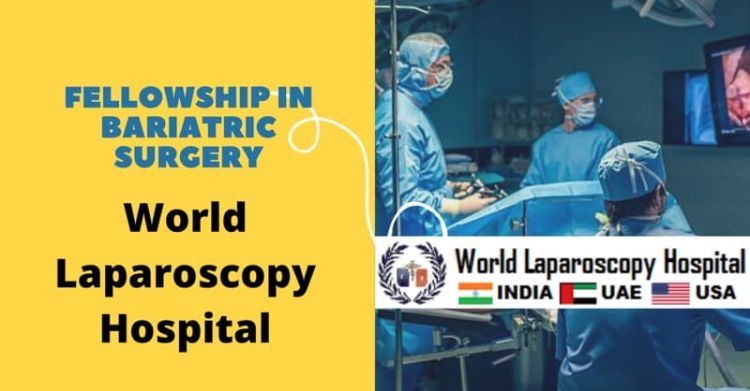-- ALL Newsletter --
2010
2011
2012
2013
2014
2015
2016
2017
2018
2019
2020
2021
2022
2023
2024
2025
Expert insights on Mini Gastric Bypass: Prof. Rutledge shares his knowledge and experience at World Laparoscopy Hospital
Mini Gastric Bypass (MGB) is a weight loss surgery that has gained popularity in recent years due to its effectiveness and relatively simple procedure. To shed light on this surgical method, Prof. Robert Rutledge, a leading expert in bariatric surgery, spoke at the World Laparoscopy Hospital to share his knowledge and experience on MGB.
During his talk, Prof. Rutledge explained that MGB involves creating a long narrow gastric pouch, which is then connected to a loop of small intestine. This allows food to bypass a large portion of the stomach and duodenum, leading to significant weight loss. He noted that MGB is a shorter and less complicated procedure than traditional Roux-en-Y Gastric Bypass (RYGB), but still achieves similar weight loss results.
Prof. Rutledge also discussed the advantages of MGB over other weight loss surgeries. Unlike RYGB, MGB does not require cutting or rerouting of the intestines, which can lead to complications such as leaks or strictures. MGB also has a lower risk of malnutrition and dumping syndrome, which can occur with other procedures.

In addition to the technical aspects of MGB, Prof. Rutledge emphasized the importance of proper patient selection and preparation for the surgery. He recommended that patients with a body mass index (BMI) over 35 and obesity-related health problems such as diabetes, hypertension, or sleep apnea would benefit most from MGB. He also stressed the importance of patient education and counseling before and after the surgery to ensure long-term success.
Prof. Rutledge’s talk at the World Laparoscopy Hospital provided valuable insights into the benefits and considerations of Mini Gastric Bypass surgery. As a renowned expert in bariatric surgery, his knowledge and experience serve as a valuable resource for healthcare providers and patients considering MGB as a weight loss option.
In conclusion, Mini Gastric Bypass is a promising surgical method for weight loss, and Prof. Rutledge’s expertise in the field has shed light on the potential benefits and considerations of this procedure. As with any surgery, proper patient selection, preparation, and post-operative care are critical for success, and patients should consult with their healthcare providers to determine the best weight loss option for their individual needs.
Dr. Robert Rutledge is a renowned bariatric surgeon and the inventor of the Mini Gastric Bypass (MGB) surgery. He received his medical degree from the University of North Dakota School of Medicine and Health Sciences and completed his residency in general surgery at the University of Minnesota. Dr. Rutledge has over 20 years of experience in bariatric surgery and has performed over 10,000 surgeries to date.
Dr. Rutledge developed the Mini Gastric Bypass surgery in 1997 as a simpler, less invasive alternative to the traditional Roux-en-Y Gastric Bypass surgery. MGB involves creating a long narrow gastric pouch, which is then connected to a loop of small intestine. This bypasses a large portion of the stomach and duodenum, leading to significant weight loss.
Dr. Rutledge's invention of MGB has revolutionized the field of bariatric surgery and has helped many patients achieve significant weight loss and improve their overall health. He has published numerous research papers on MGB and has presented his findings at several national and international conferences.
Apart from his work in bariatric surgery, Dr. Rutledge is also actively involved in medical missions, providing medical care to underserved communities around the world. He is a founding member of the World Association of Laparoscopic Surgeons and has served as its president.
Dr. Robert Rutledge's contribution to the field of bariatric surgery through the invention of the Mini Gastric Bypass surgery has made a significant impact on the lives of many patients struggling with obesity. His commitment to patient care and his humanitarian work have made him a highly respected and admired figure in the medical community.
